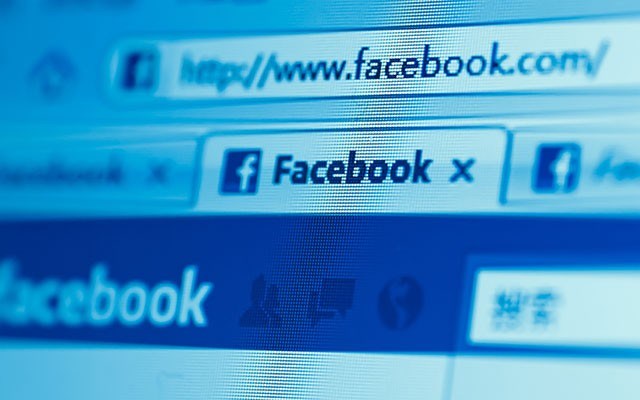While researching my column this week I came to a troubling realization that still makes me shudder every time I think about it: I have been on Facebook for 10 years now, over a third of my natural life.
What started, innocently enough, as a way to put off studying for a first-year psychology exam I was woefully unprepared for one April evening a decade ago has developed into just another innocuous part of my daily routine. I'm sure I'm not alone in admitting that the first thing I do after waking up in the morning is roll over, snatch my iPhone off the night table, and log into Facebook. I can't really tell you why this act takes precedence over, I dunno, peeing or showering or making a balanced breakfast. It's probably due to the widespread phobia that has taken hold of our society's collective conscious: the fear of missing out (popularly referred to as FOMO, for all you pre-Millennials). Heaven forbid I miss out on another Clash of Clans invitation or poorly lit baby picture.
We've all been there, sucked in by the narcissistic pull of social media. Facebook, Twitter, Instagram — they're the forums to see and be seen in our day and age, but what are they really adding to our social lives? Sure, Facebook's a great way to stay in touch with far-flung friends and long-lost relatives you probably wouldn't contact otherwise, but it's also inundated our already oversaturated minds with a constant flood of mindless status updates, celebrity gossip and hyper-targeted ads.
This, of course, is not a new complaint. People have been lamenting the soul-deadening effects of social networks for almost as long as they have been in existence. It should come as no surprise then that a 2013 University of Michigan study found that Facebook can have lasting psychological impacts on users, undermining personal happiness and making people feel less satisfied in their daily lives. The study didn't go too much into the reasons why Facebook leaves us feeling blue, but the co-author John Jonides has speculated it has something to do with "social comparison," or, put another way, our collective FOMO.
And, with Facebook steadily losing a significant chunk of its key demographic —usage among teens dropped a staggering 56 per cent in the last quarter of 2013, according to a study by GlobalWebIndex — other social networks have attempted to step in and fill the void. (If you can really call it a void; Crackbook still lords over 1.1 billion users worldwide.)
The most recent aspirant to Facebook's social media throne is Ello, an invite-only social network created by a team of American graphic designers. Touted as "a simple, beautiful and ad-free social network," Ello was basically designed as the anti-Facebook, assuring users they "are not a product." That means no ads, no selling your data to third parties and a zero-tolerance policy towards abusive behaviours.
Launched in March to little fanfare, Ello earned widespread attention last month when droves of California drag queens switched over to the platform over Facebook's continued insistence that they use their real names.
At one point, over 35,000 people an hour were signing up for Ello, but it remains to be seen if the company's economic model can even sustain itself compared to the money-making behemoth of Facebook. With no ad space, Ello is exploring the potential of a freemium version in the future, but, at this point, it's unclear if Ello can convince users it offers something Facebook doesn't. Do we really need to sign up for yet another social networking platform, after all? Especially considering Zuckerberg has a virtual monopoly on the ways in which we interact online following the purchase of Whatsapp and Instagram.
A niche phone app that has sprouted up recently and can, at the very least, provide a unique experience that no other billion-dollar platform has achieved is called Somebody, created by quirky filmmaker and twee New York art world darling Miranda July.
The concept behind Somebody is a novel one, and like much of July's work, seeks to link the real world with the virtual. Basically, when you send a message through Somebody, it goes not to your intended recipient but the user closest to them. This person, often a complete stranger, is then tasked with delivering your message in real life based on a provided script. It could come in the form of a hug, a comedic sketch, a tearful plea — anything you can dream up — and serves to catalogue those very human moments that are impossible to find on other so-called social media.
Of course, nobody's predicting that July's brainchild will be supplanting Facebook anytime soon, but it's worth recognizing that not all social networks have to be so hollow and impersonal.




